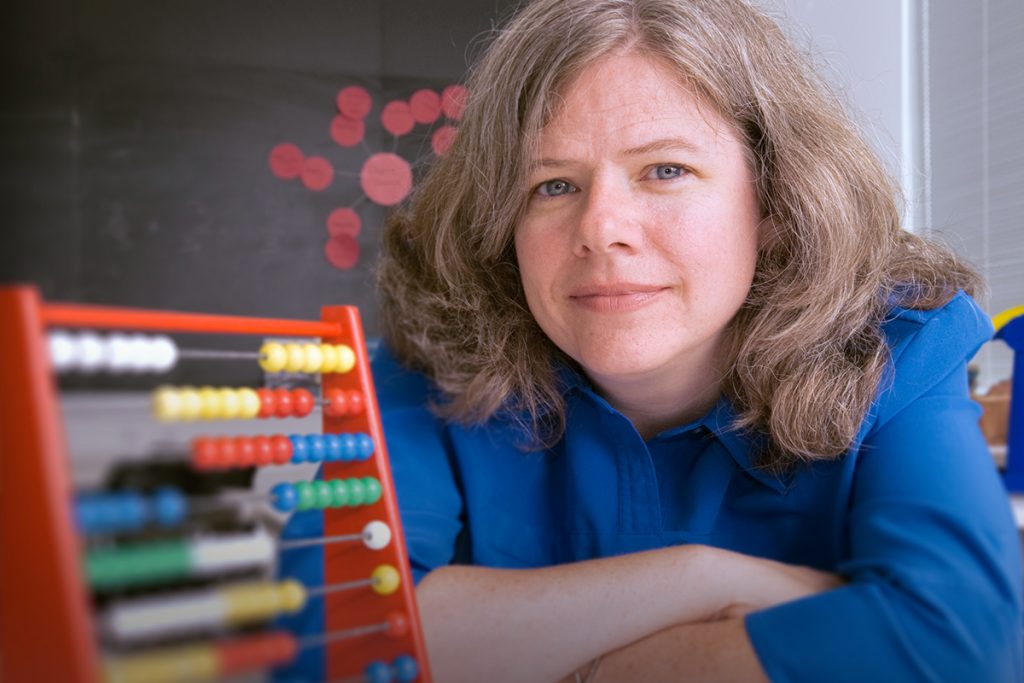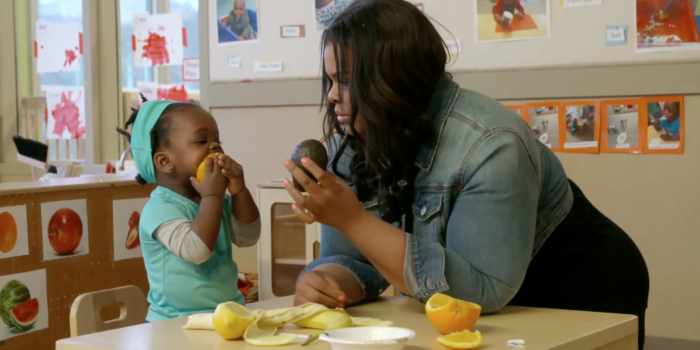Our mission
We believe that you have to understand what you are teaching to teach for understanding. Because of this, we believe that teachers and caregivers must understand what early math is, as well as understand precursor concepts that lead to mathematical thinking. It isn’t just counting and it isn’t just rote memorization of shape names.
We have identified Big Ideas and Precursor Concepts to help understand the many facets involved with early math teaching and learning. They are organized under topics that teachers of young children need to explore in order to support the development of everyday math thinking from birth to eight years.
Together, we are transforming the understanding, teaching and learning of early mathematics from the ground up. Join us!
Core values
#1 Math learning is for everyone
- Mathematics is a creative, meaning-making endeavor that can empower children and adults to become problem solvers in their own lives.
- Mathematics learning is not a function of genetic inheritance, but a result of effort and equitable instruction.
- We can all enjoy mathematics and achieve a level of success.
#2 Math learning is crucial in early childhood
- Early mathematics addresses simple, yet profound, concepts that are key building blocks to understanding later, more complex mathematics.
- It is important to nurture interest in mathematics and to build identities as capable mathematicians during early childhood because this is the time when children begin to define their self-concept by making choices and developing preferences.
- Early mathematics achievement is highly predictive of later school success in both mathematics and reading, so all children need access to early math experiences before formal schooling.
#3 Math learning follows developmental progressions
- There are big ideas of mathematics that all learners must construct for themselves.
- Different strands of mathematical ideas develop in parallel – and sometimes unevenly – before getting connected.
- Different learners may take different pathways to reach the same mathematical understanding or skill.
#4 Math learning depends on effective teaching
- Effective math teaching focuses on the most important mathematical concepts and skills and illuminates why they matter.
- Effective math teaching values existing ideas learners have about concepts and makes connections to new or different ideas.
- Effective math teaching provides ongoing opportunities for learners to engage in mathematical practices that result in depth and quality of understanding.


